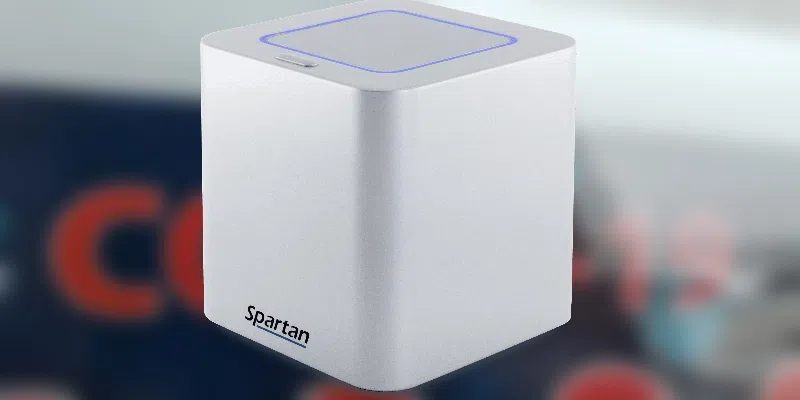The testing criteria for COVID-19 has been expanded to include more symptoms and more testing for frontline workers.
Chief Medical Officer of Health Dr. Janice Fitzgerald says public health updated the screening criteria for testing to include two or more symptoms that are new or worsening.
Those symptoms include fever, or signs of fever-like chills, sweats, muscle aches and lightheadedness; cough; headache; sore throat; and/or runny nose.
Dr. Fitzgerald says these are broader than the previous symptoms which were aches and pains, fever and symptoms of respiratory infection—such as a cough or difficulty breathing.
Now, public health is also testing staff and attendees of many essential services.
That includes those at hospitals, long term care facilities, personal care homes, home support workers, paramedicine, correctional facilities, emergency shelters, housing programs, transition houses, and daycares.
Dr. Fitzgerald says these people are tested based on symptoms, and there is no exposure criteria necessary.
As for what sparked that change, Dr. Fitzgerald says they look at trends and information on what is happening elsewhere around the country, and recommendations from the Public Health Agency of Canada.
New Testing Device’s Role in Fight Againt Virus Unclear, says Haggie
Health Minister John Haggie is clearing the air around a new rapid-testing device for COVID-19 that was approved by Health Canada on Monday.
The Spartan Cube is a portable hand-held device that’s about the size of a coffee cup. It was developed by Ottawa’s Spartan Bioscience.
It eliminates the need to send swab samples to the nearest lab, which can be a logistical challenge.
John Haggie says the Health Canada approval means its safe to use and may be reliable for the purposes in which it was designed.
He says it does not say that it’s an extra useable tool in their toolbox to fight COVID-19 and it still needs to be validated, going through procedures to show where it would fit in their management of the pandemic.
Haggie says technology like this was a topic of discussion during a conference call with Canada’s health ministers last Thursday, and many were interested.
One of the challenges with these tests, Haggie says is that they can be quite good at detecting who has the virus, but may be way less reliable at detecting those people who reliably haven’t contracted the virus.
The Minister says the device’s role is not yet proven, and when that work is complete and government knows its use, they can decide what best do with it.
Haggie says there are several of these coming forward, and this is just the first.




























